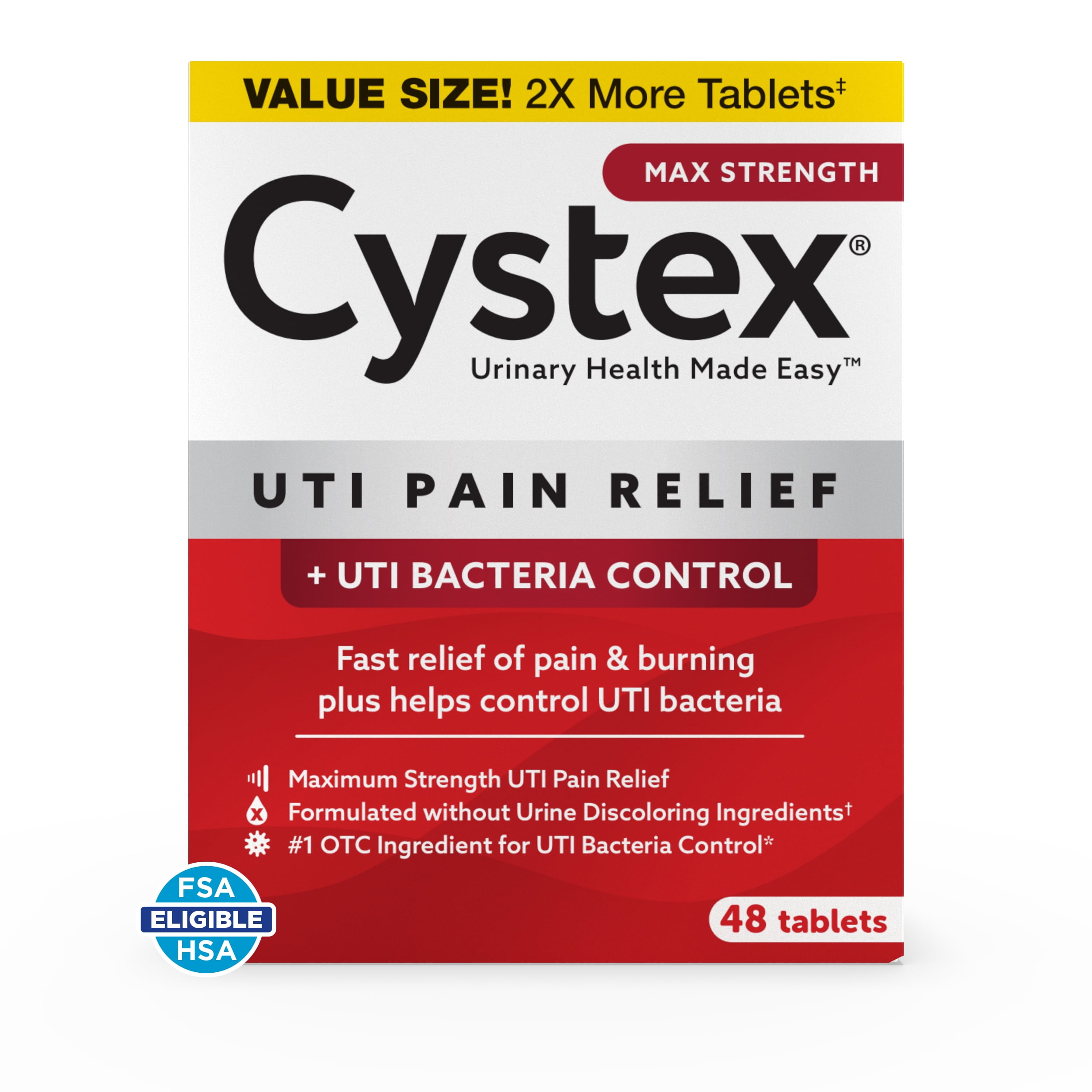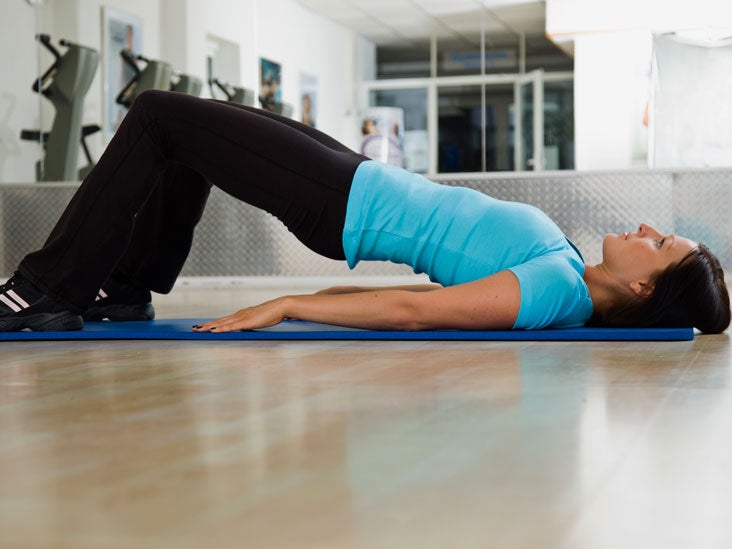
September 10, 2024
Urinary Incontinence After Childbirth Therapy Gyn Women's Centre


Postpartum Recovery: Answers To The Typical Concerns Asked By Brand-new Moms Women will meet our pelvic floor physical therapists and begin therapy treatment 6-8 weeks post-delivery. Hormones, genetics and various other lifestyle aspects, like smoking, can likewise make it more probable that a woman will experience incontinence after giving birth. The gorgeous phase generates a mix of joy and physical changes. It is always necessary to plan for pregnancy and after-pregnancy symptoms.
Is it regular to struggle to pee after birth?
back on or prevent alcohol, high levels of caffeine or acidic foods. Decreasing liquid intake, reducing weight or boosting exercise additionally can alleviate the trouble.
Recognizing Fecal Urinary Incontinence After Maternity
At the Women's Center of Lakewood Cattle ranch, we provide a substantial 8 week program to help you manage urinary incontinence and pelvic discomfort. If you tighten your abdominals, thighs, or butt you're refraining the kegel works out properly. When you have actually determined which muscle mass are your pelvic flooring muscular tissues, proceed your practice on a vacant bladder. There are a few methods of treatment for urinary incontinence, from basic workouts to a minimally intrusive elective surgery. After childbirth there is a lot of concentrate on the infant-- and appropriately so, says Thakar. Commuters to London's Liverpool Road were dealt with to a taboo-busting billboard last week, featuring a mommy of two weightlifting, while dripping real fluid.Is Incontinence Usual During Pregnancy?
Throughout preliminary test, I commonly utilize a clock aesthetic to aid ladies recognize where their pelvic floor muscle mass can be palpated. If you push your back, picture the top of the opening of your vaginal canal is 12 o'clock and the bottom of the opening is 6 o'clock. Anxiety incontinence is the most common type of urinary system incontinence in postpartum. The outcome of severe injury to rectal muscle mass and nerves can be the inability of the anal muscle mass to shut totally with resultant involuntary loss of gas or feces. Giving birth puts massive amounts of anxiety on the genital canal and pelvic floor muscle mass. However, it can also trigger nerve damages around the bladder. Furthermore, organ prolapse, urinary urgency, feces urinary incontinence, excruciating piles, and lacerations, are all typical injuries that ladies face after maternity.- As component of the extraordinary forces on a female's body throughout shipment of the infant, the pelvic tissues may go through damage.
- There are a number of types of urinary system incontinence, but most postpartum women experience stress and anxiety urinary incontinence.
- There's a whole lot taking place in the pelvic area while pregnant, and lots of women do not understand how to locate or engage their pelvic flooring muscular tissues.
- Parenting helplines, your general practitioner or your maternal and kid wellness nurse can aid if you have inquiries concerning your infant or your own health and wellness throughout the first few days in your home.
- Your physical and psychological wellness is necessary, so ensure to give yourself a break when you require it the most.
Service Provider Options For Urinary Incontinence
If you give birth in a medical facility, your healthcare team might not discover danger aspects for postpartum issues prior to you leave the medical facility. An important part of brand-new mothers' postpartum healing is physical healing. The recovery procedure can be made a lot more manageable and comfy by being prepared and knowing just how to care for one's body. When you visit the doctor to speak about your stress and anxiety urinary incontinence, they'll usually do an exam to evaluate the toughness of your pelvic flooring. For as long as you nursed, your busts will certainly stay enlarged, yet you might discover this much more so in the initial 4 to six weeks. In fact, concerning 70 to 80 percent of new mommies have what's referred to as the "child blues." The child blues commonly start a few days after delivering and go away within a couple of days. Talk to your doctor if these home therapies do not work or of your condition intensifies, as your supplier may be able to suggest one more kind of treatment. Ultimately the blood loss will certainly lighten in quantity and in color. You may, however, experience a gush while nursing as a result of tightenings in your womb that can be set off while breastfeeding. Give on your own the moment and room to simply "be" as you make this first change; being patient and mild with on your own helps take the pressure off. After delivering, ladies experience postpartum blood loss additionally known as lochia and urinary incontinence or the uncontrolled pee leakage. This is why they require comfortable and leak-proof supplies in their health center bags. It is important to know what items may be called for after shipment in Bladder function tests the healthcare facility. Yet before that, allow us offer you a fast introduction of the postpartum period so you are planned for things that are ahead your way. As the body heals after shipment, lots of people experience unintended leak as the pelvic floor muscle mass restore. Short-term urinary system incontinence prevails and is even more most likely to take place after subsequent pregnancies.Social Links